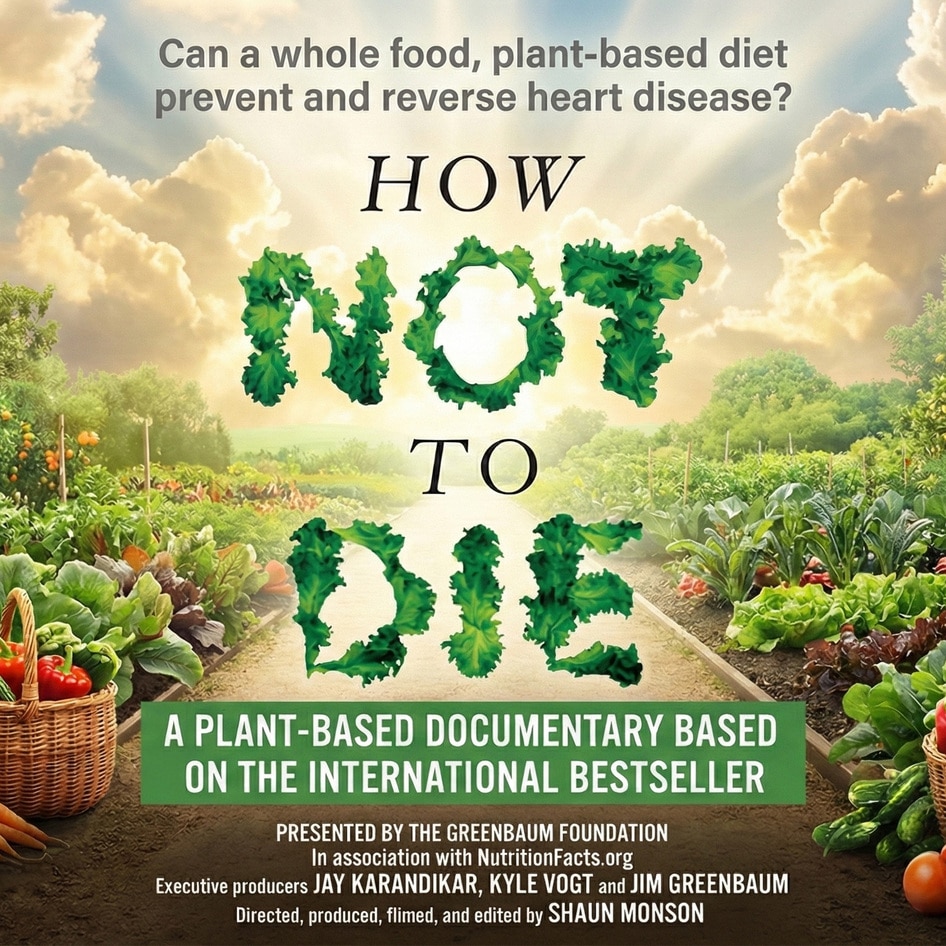Our current catastrophic viral outbreak, COVID-19, should not have happened. As a society, we have not learned from our mistakes, and as a result, we keep making the same ones. We should have seen this coming. Previous pandemics, such as HIV/AIDS, ebola, swine flu, and bird flu, can all be evidentially traced back to wildlife trafficking and widespread animal consumption. We know coronavirus likely originated from a “wet market” in China—which sells fresh meat, fish, and produce—but no one person or country is to blame. There are thousands of wet markets in the United States alone. Until these cramped, disease-ridden markets are banned, animals will continue to suffer, and inevitably, so will we.
Our meaty habits
The average carnivore consumes 70 to 220 pounds of meat per year. Numerous countries, including our own, house animals in horrific unsanitary conditions, producing waste flush with residues of antibiotic-resistant bacteria, pathogens, and numerous other contaminants in order to satisfy these meaty demands. It is the perfect cocktail for novel, never-seen-before viruses that are much smarter than us, hopping from animals to humans, mutating, growing, learning, and jumping back to the tiger at the Bronx Zoo. These diseases are deadly because we have no pre-existing immunity against them. To prevent the flu, we get a flu shot. To avoid tetanus, we get a tetanus shot. There is no “we eat animals so please save us” shot.
The growth of a virus
Gratefully, the practice of epidemiology is often calculated and predictable. Unfortunately, global health pandemics are not. According to the Centers for Disease Control and Prevention (CDC), approximately seven in 10 known infectious diseases are believed to be zoonotic, which are diseases transmitted from animals to humans, and two-thirds of these diseases are linked to animals raised for food. As a family physician, I have an enormous amount of respect for these zoonotic viruses and an even greater amount of fear. It is a new dimension of viruses. The goal of every virus is to optimize itself and grow in its new host by hijacking cells to replicate (up to 10 million times per second). These viruses are being transmitted from bats to pangolins, to humans, back to pigs and civets, and so on. As they are introduced to new hosts, they become more frightening as they mutate, optimize themselves even further, and become stronger and stronger. We are left without any protection while experts scramble for up to 12 months to formulate an efficient vaccine. What we are left with is incomprehensible death and suffering, which could have been prevented.
Witnessing the effects
Throughout this pandemic, I still go to my office every day. My once lively, warm environment now feels sterile. A skeleton crew of brave healthcare workers persists, despite undeniable fatigue visible through their eyes—which is all we can see of each other over our surgical masks and N95s. While I am not in the emergency room or working the COVID unit, I witness the effects of this formidable virus in a different way. I speak with my patients via telemedicine, reassuring those worried about their loved ones and checking in on positive cases under self-quarantine at home. More often than not, I am comforting patients who have lost their job, their income, or even their parent in the nursing home when they aren’t able to say goodbye. I hold back my tears while offering as much comfort and reassurance as possible. My husband is an emergency room physician treating COVID-positive patients daily, my grandmother and numerous good friends are positive, and a close physician colleague is currently in the intensive care unit, intubated. I see the effects everywhere.
The one and only solution
I counsel every patient on the crucial importance of a plant-based diet—not only because it will reduce the risk of heart disease, diabetes, cancer, and stroke, but because it is essential to avoid unnecessary suffering for all. If we continue to harm animals and destroy nature for our own gain, we will continue to suffer severe consequences. This virus is thriving, and other novel viruses will do the same if we do not learn and grow from this. The simplest and most effective way to achieve this goal is to adopt a plant-based diet. Doing so has markedly improved the lives and health of hundreds of my patients, and it is now critical that many, many more of us do the same.
Shantala Sonnad is a health and wellness-based family physician practicing in New York and a member of the Physicians Committee for Responsible Medicine.
JUMP TO ... Latest News | Recipes | Guides | Health | Subscribe







